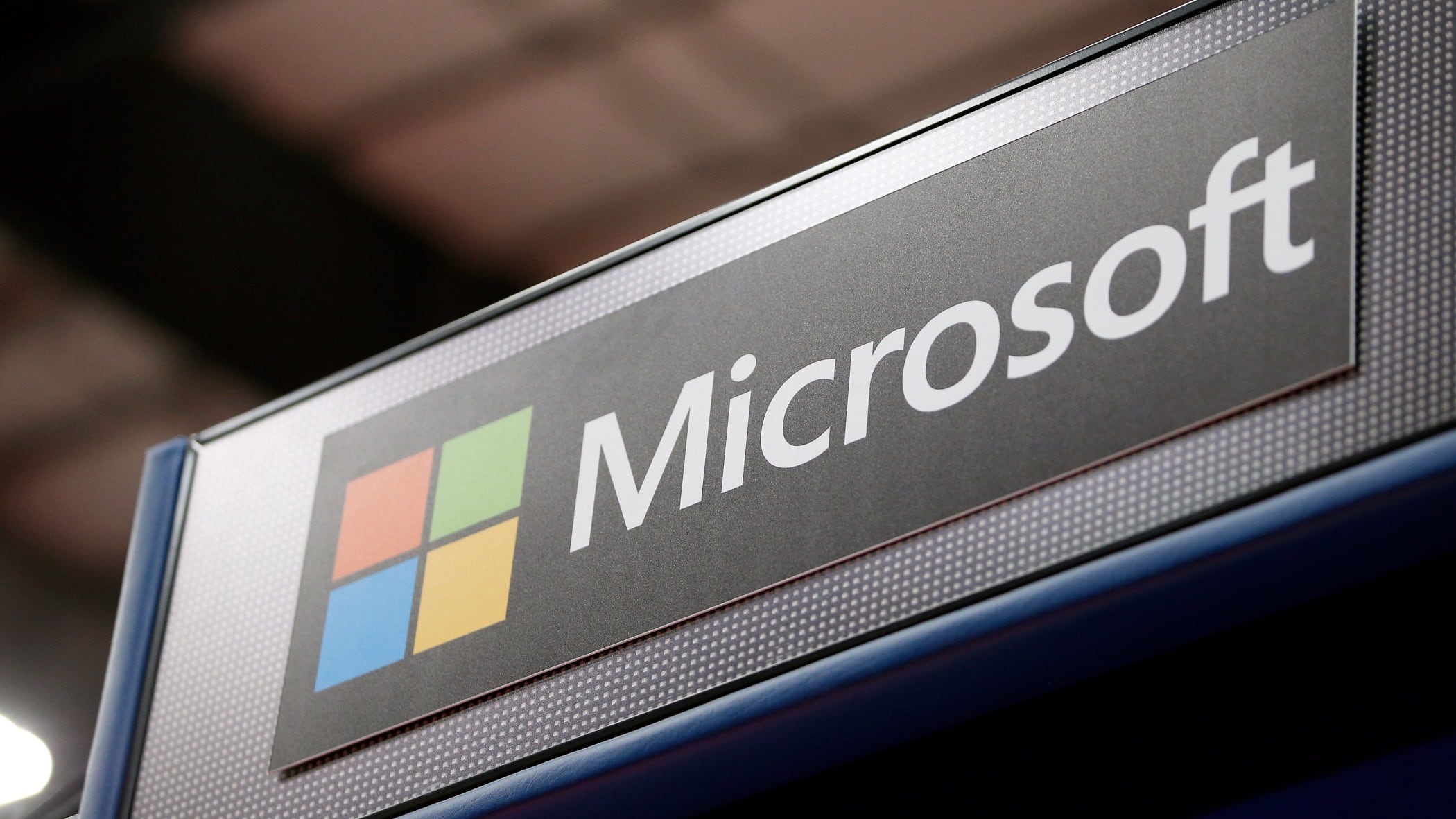Microsoft is cutting 10,000 workers, almost 5% of its workforce, in response to what it described as “macroeconomic conditions and changing customer priorities.”
The company said in a regulatory filing Wednesday that had just notified employees of the layoffs, some of which will begin immediately.
The company said it will also be making changes to its hardware portfolio and consolidating its leased office locations.
The layoffs represent “less than 5 percent of our total employee base, with some notifications happening today,” CEO Satya Nadella said in an email to employees.
“While we are eliminating roles in some areas, we will continue to hire in key strategic areas,” Nadella said. He emphasized the importance of building a “new computer platform” using advances in artificial intelligence.
He said customers that were accelerating their spending on digital technology during the pandemic are now trying to “optimize their digital spend to do more with less.”
“We’re also seeing organizations in every industry and geography exercise caution as some parts of the world are in a recession and other parts are anticipating one,” Nadella wrote.
Other tech companies have also been trimming jobs amid concerns about an economic slowdown.
Amazon and business software maker Salesforce earlier this month announced major job cuts as they prune payrolls that rapidly expanded during the pandemic lockdown.
Amazon said that it will be cutting about 18,000 positions. It’s the largest set of layoffs in the Seattle company’s history, although just a fraction of its 1.5 million global workforce.
Facebook parent Meta is laying off 11,000 people, about 13% of its workforce. And Elon Musk, the new Twitter CEO, has slashed the company’s workforce.













